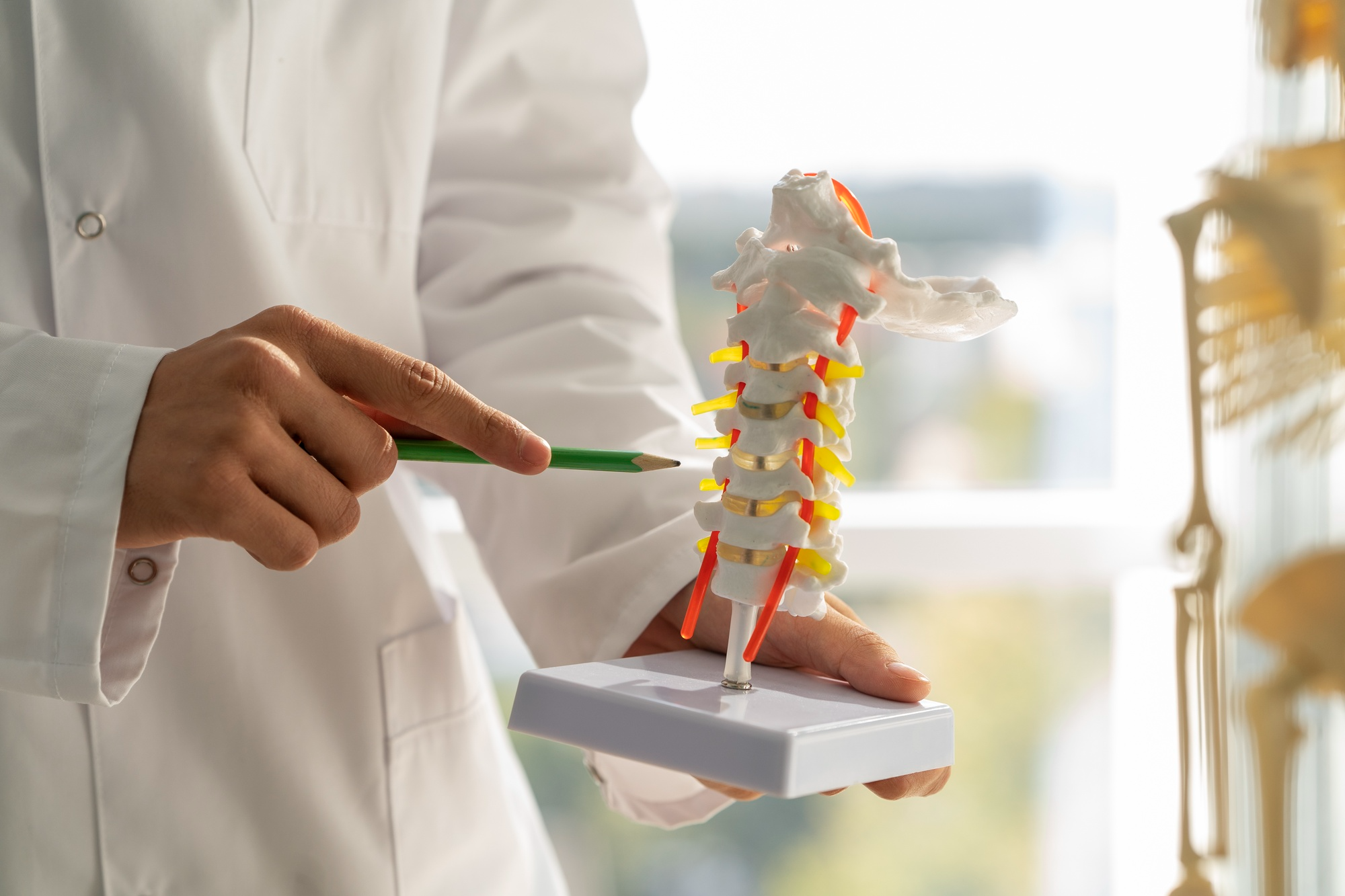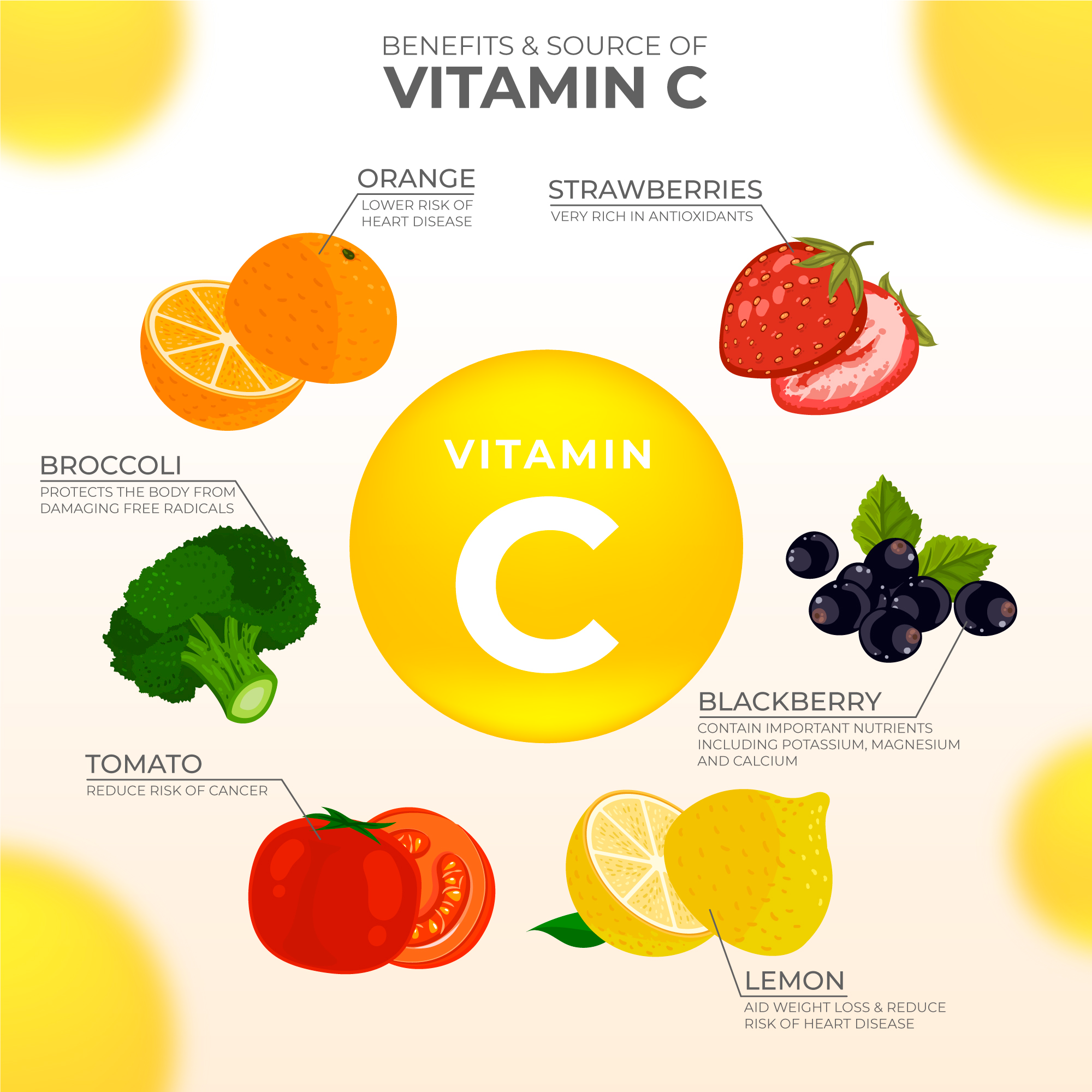
An orthopedic specialist explaining bone healing.
When recovering from a fracture, orthopedic surgery or bone trauma, most individuals are concerned about medical care and physiotherapy. Although these are vital, one usually underestimated component plays an important part in how effectively and quickly your bones heal is nutrition.
Your bones are active tissues that continuously rebuild and repair themselves. Following an injury, your body undergoes an intense healing process based on the availability of essential nutrients, vitamins and minerals. Proper balanced nutrition can greatly accelerate bone healing whereas inadequate nutrition may slow recovery and result in less strong bones in the future.
Bone healing takes place in three different stages, and each needs specific nutrients to heal accordingly:
As soon as the fracture happens, the body develops a blood clot in the injured area. The clot saves the broken area and brings special cells to initiate the healing process. Vitamins such as vitamin C and protein are required at this time to stop inflammation and start tissue repair.
This is the phase in which the body creates a soft callus of collagen, the initial structure of new bone. The soft tissue hardens over time to new bone tissue. Nutrients such as calcium, vitamin D and zinc are crucial here.
The new bone is reformed and reinforced to its original shape. Proper protein, magnesium and vitamin K intake will help the bone become strong and hard.
Every phase depends so much on nutrition and thus diet becomes a crucial aspect of orthopedic recovery.
Protein is the foundation of almost every tissue in the body, including bone. Protein creates the collagen matrix upon which minerals such as calcium are laid down. Low protein intake can delay the formation of new bone tissue and compromise healing.
Best Foods:
Strive for a protein-based meal in every meal, particularly in the initial weeks following a fracture or surgery.
Calcium is the single most significant mineral for bone health. It is responsible for the strength and structure of bones. When you suffer from a fracture, your body raises calcium demand in order to regenerate the damaged area. Bone growth is slowed without sufficient calcium.
Best Sources:
Combine foods high in calcium with vitamin D to boost absorption and optimize bone strength.
Even with adequate calcium intake, your body cannot effectively use it without vitamin D. The vitamin enables you to absorb calcium from food and store it in bones. Vitamin D deficiency is one of the leading causes of delayed bone healing and brittle bones.
Best Sources:
For those with limited sun exposure, supplements can be prescribed under the supervision of a doctor.
Vitamin C is essential for the production of collagen, the protein that builds the base of new bone tissue. It also enhances immunity and helps ward off infections that can hinder recovery.
Best Sources:
Having vitamin C-rich foods as part of your daily diet means stronger connective tissue and quicker wound healing.

Foods rich in Vitamin C.
Vitamin K assists in the process of bone mineralization which is binding calcium onto the bone structure and stopping bone loss. It acts together with vitamin D to control calcium levels in the body.
Best Sources
A daily serving of green vegetables goes a long way in fortifying your skeletal system.
These trace minerals may not be as heavily discussed, but they are crucial in the healing of bones. Iron is responsible for transporting oxygen to cells and aiding in collagen synthesis. Zinc helps tissue growth and immune function. They help to ensure proper bone mineralization and calcium balance in the body.
Best Sources:
Foods and habits that hinder bone recovery and should be avoided during the process of healing:
Substituting these with fresh whole and nutrient-dense foods ensures maximum recovery.
Nutrients are important but hydration is also an essential aspect of recovery. Water facilitates nutrient delivery to injured tissue and the elimination of waste products.

A woman drinking water.
A perfect bone-healing diet must consist of:
A diverse, colorful diet supplies your body with the energy and nutrients to heal quickly.
Each patient's body and healing rate are unique. For optimum results, pair a healthy diet with:
Healing is comprehensive and proper medical attention, along with careful eating provides your bones with the best possible opportunity to heal stronger than they were before.
Food is medicine for bones. Proper nutrition in the form of proteins, calcium, vitamins D, C, and K and minerals such as zinc and iron can really accelerate healing, decrease complications and guarantee long-term bone wellness.
So next time when you or your loved ones are recovering from a fracture or surgery, keep in mind that healing begins on your plate. Eat well, sleep well and allow your body to rebuild from the inside out.
We offer expert care across key specialties, including Medicine, Cardiology, Orthopaedics, ENT, Gynaecology, and more—delivering trusted treatment under one roof.
Prakash Hospital Pvt. Ltd. is a 100 bedded NABH NABL accredited multispecialty hospital along with a center of trauma and orthopedics. We are in the service of society since 2001.
OUR SPECIALITIES
Contact Us
D – 12A, 12B, Sector-33, G. B. Nagar, Noida, Uttar Pradesh 201301
+91-8826000033

© 2026 All rights reserved.
Designed and Developed by Zarle Infotech